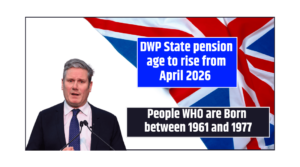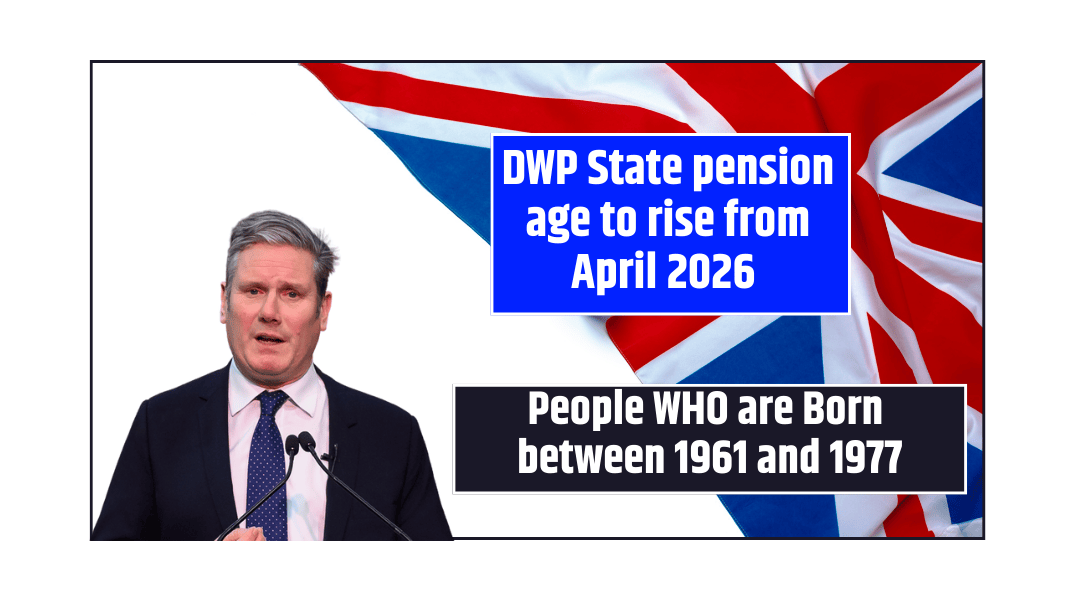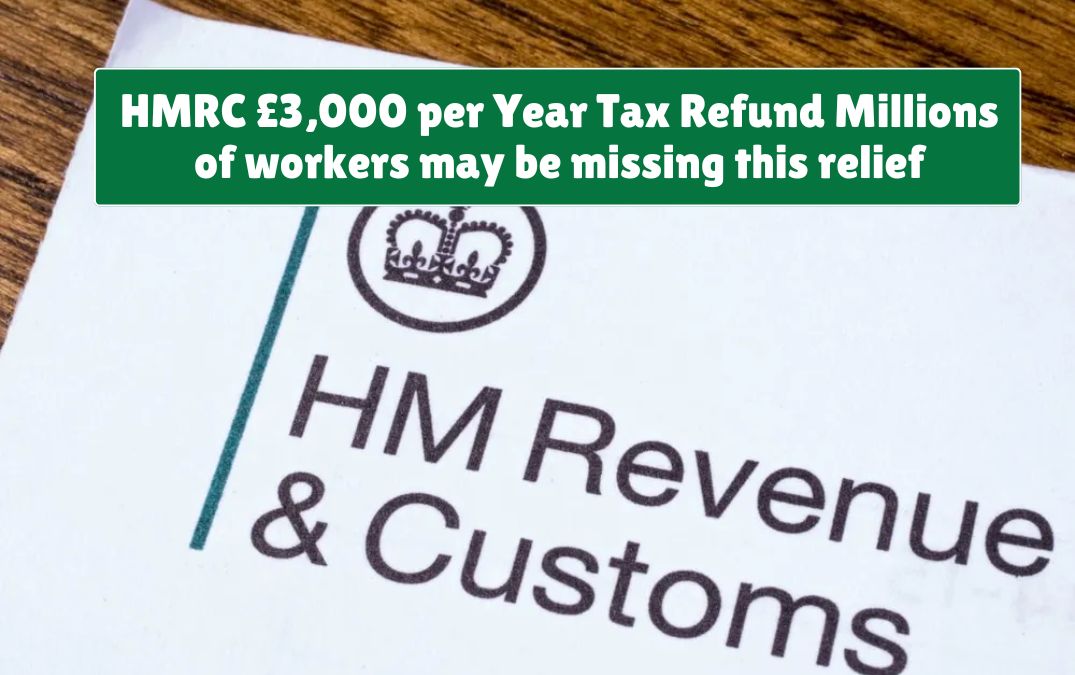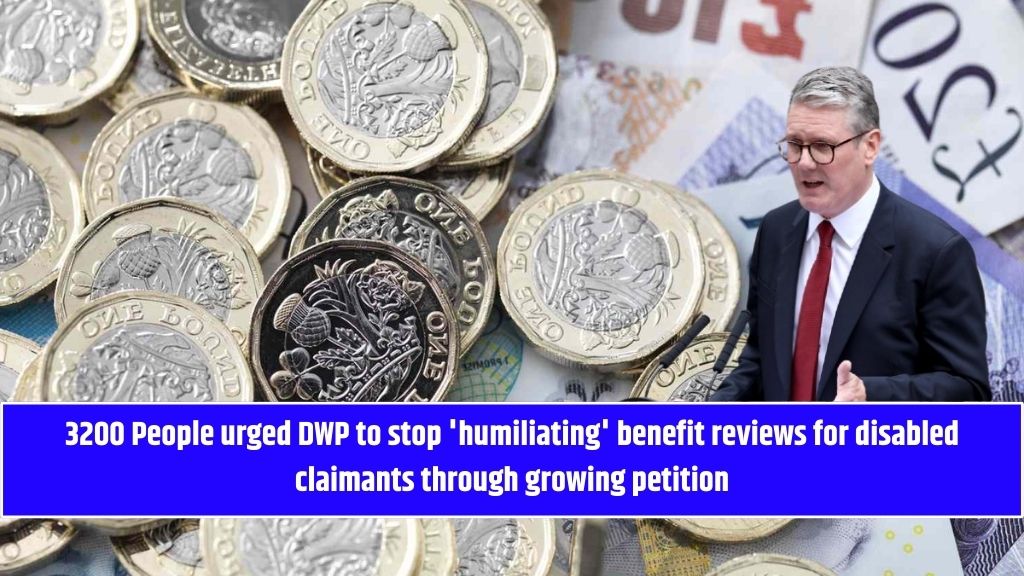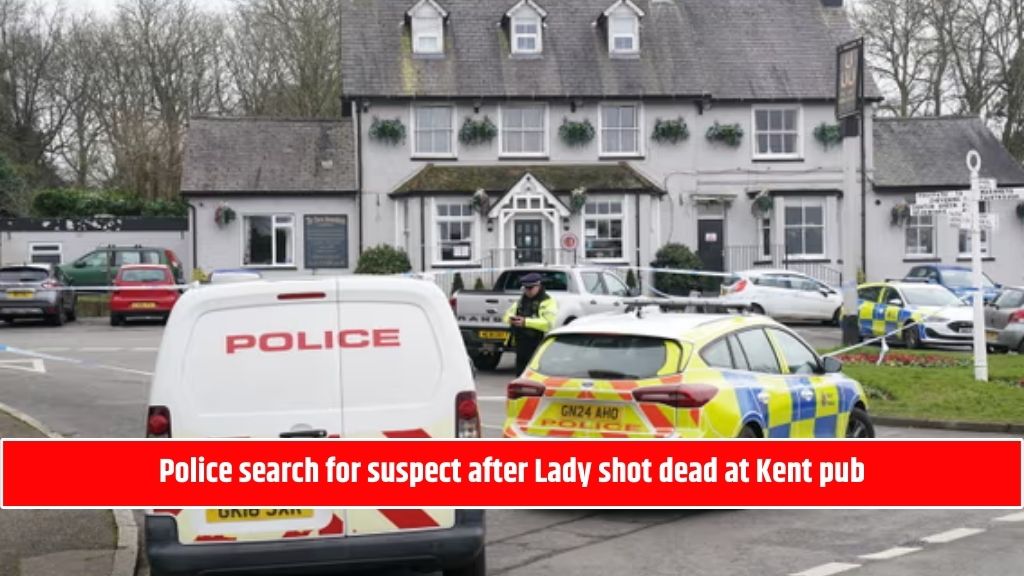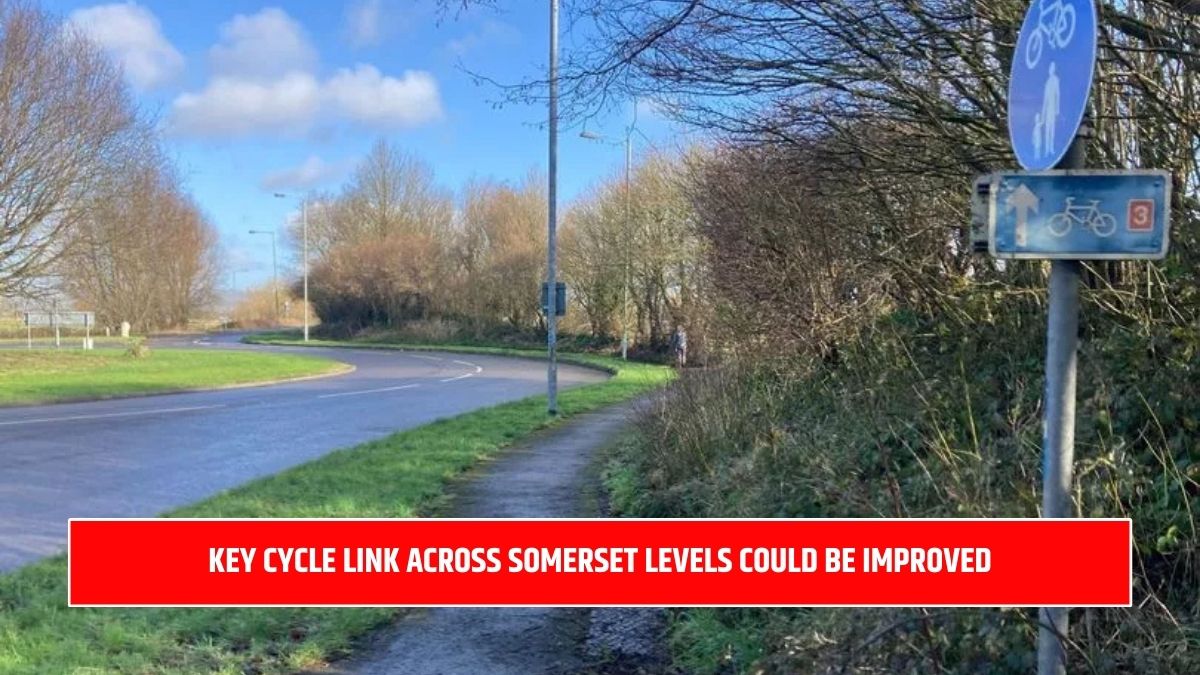New analysis has revealed that in 2024, over 74,000 cancer patients in England did not start their treatment on time. That’s enough people to fill the O2 Arena nearly four times. With an ageing population and rising cancer cases, the challenge for cancer services is only growing.
Rising Cancer Cases Increase Pressure on NHS
The number of cancer cases in the UK is expected to rise significantly. Around 2.2 million new cancer cases will be diagnosed during the current parliamentary term, which is over 20% more than in the previous term. This increase will put even more pressure on the NHS to deliver timely cancer care.
To address this issue, over 50 cancer charities have joined forces as One Cancer Voice to urge the UK Government to equip the NHS with the necessary resources to tackle cancer waiting times in England.
Cancer Treatment Delays Over the Last Decade
The NHS in England aims to start treatment for 85% of cancer patients within 62 days of an urgent referral. However, this target has not been met for years. In 2014, 83.9% of patients started treatment on time, but by 2024, this had dropped to 62.2%. Although this is a slight improvement from 2023’s 60.1%, it is still far from the target.
Michelle Mitchell, chief executive of Cancer Research UK, highlighted the emotional toll of these delays:
“Seventy-four thousand cancer patients waited longer than they should to start their treatment last year. Behind every one of these numbers is a family member, friend, or loved one facing unbelievable stress and anxiety, where every day can feel like forever.”
While NHS staff are working hard to manage the growing demand, the government must take further action to support cancer services.
Increase in Long Waiting Times for Cancer Patients
The number of patients waiting over 104 days to begin cancer treatment has also risen sharply in the last decade. In 2024, more than 1 in 10 cancer patients (11.3%) waited longer than 104 days after an urgent referral, nearly double the 62-day target.
Cancer Type Affects Waiting Times
Waiting times also depend on the type of cancer. For instance, in 2024, only 56% of patients with lower gastrointestinal cancers, such as bowel and anal cancer, were treated within 62 days. Similarly, about 59.1% of lung cancer patients began treatment on time.
The Government’s Commitment and One Cancer Voice’s Call for Action
The UK Government has pledged to meet the 85% target by the end of this parliament and aims to improve cancer care performance by April 2026. However, One Cancer Voice believes that the current rate of improvement is too slow to meet this goal.
The coalition of over 50 cancer charities is calling on the government to make cancer waiting times a priority in the upcoming National Cancer Plan. Michelle Mitchell stressed the importance of government support:
“The National Cancer Plan can be a turning point for cancer patients across England, but the UK Government must invest in staff and equipment, alongside reforms, if it’s to hit all cancer waiting time targets by the end of this parliament. It’s the least that cancer patients deserve.”
Cancer treatment delays in England remain a serious concern, with thousands of patients waiting longer than they should for critical care. As cancer cases continue to rise, the pressure on the NHS is increasing. The UK Government’s commitment to improving cancer services is welcome, but urgent action is needed. Investment in staff, equipment, and efficient policies is essential to ensure timely treatment and better outcomes for cancer patients across the country.

